'Medicare For All' Is The New Standard For 2020 Dems
The last time there was a competitive race to be the Democratic presidential nominee, in 2008, just one candidate called for the creation of a national, single-payer health care program that would replace the private health insurance system: then-Rep. Dennis Kucinich (D-Ohio).
This time around, “Medicare for All” is the standard against which all the Democratic candidates’ plans are measured. There’s also a very real chance that, for the first time since Harry Truman, Democrats will nominate a presidential candidate who actively supports the creation of a universal, national health care system.
During Kucinich’s long-shot bid against leading contenders like then-Sens. John Edwards (N.C.), Hillary Clinton (N.Y.) and Barack Obama (Ill.), his opponents barely felt the need to counter his single-payer position. It was seen as too much, too fast, too disruptive and too expensive. Edwards, Clinton and Obama all instead promoted plans reliant on private insurers. In 2010, President Obama enacted those principles in the form of the Affordable Care Act.
That split still exists, with current Democratic presidential hopefuls like Sen. Amy Klobuchar (Minn.) and former Vice President Joe Biden as the proponents of a more cautious, incremental approach to achieving universal coverage and lower health care costs.
But as the two nights of presidential debates between the 2020 candidates illustrated, it’s Sen. Bernie Sanders (I-Vt.) and his sweeping Medicare for All plan that is now the benchmark for progressive health care reform. It’s appropriate, considering that Sanders’ serious challenge to Clinton in 2016 moved the notion of single-payer health care into the Democratic mainstream.
Sen. Elizabeth Warren (Mass.) acknowledged as much in her response to a question about health care on Wednesday: “I’m with Bernie on Medicare for All,” she said.
The case Sanders made for Medicare for All is essentially the same Kucinich made years ago during his presidential campaign, the difference being that Sanders has earned the right to have his ideas taken seriously, and did a lot of the work to force those ideas into the mainstream.
“The function of health care today from the insurance and drug company perspective is not to provide quality care to all in a cost-effective way. The function of the health care system today is to make billions in profits for the insurance companies,” Sanders said Thursday. “We will have Medicare for All when tens of millions of people are prepared to stand up and tell the insurance companies and the drug companies that their say is gone, that health care is a human right, not something to make huge profits on.”
Among the Democratic candidates, Warren, and Sens. Cory Booker (N.J.), Kirsten Gillibrand (N.Y.) and Kamala Harris (Calif.) are co-sponsors of Sanders’ bill and Reps. Tulsi Gabbard (Hawaii), Tim Ryan (Ohio) and Eric Swalwell (Calif.) are co-sponsors of a similar House bill introduced by Rep. Pramila Jayapal (D-Wash.).
Biden is a leading representative of the other side of this debate, which also is appropriate. The White House in which he served carried out the biggest expansion of the health care safety net since Democratic President Lyndon Johnson’s Great Society initiatives, which included the creation of Medicare and Medicaid.
And while the Affordable Care Act was nowhere near as far-reaching as single-payer would be, the changes it brought created widespread anxiety among those who already had health coverage, a political dynamic that dogged Obama’s White House.
Like other moderates including Sen. Michael Bennet (Colo.), Biden insisted he supported universal coverage even while opposing Sanders’ Medicare for All plan, and suggested another path.
“The quickest, fastest way to do it is build on Obamacare, to build on what we did,” Biden said Thursday, highlighting his preference for a public option that would be available to everyone in lieu of private insurance.
It was Klobuchar who articulated the political argument that replacing the entire current coverage system with a wholly public one would be disruptive. “I am just simply concerned about kicking half of America off of their health insurance in four years, which is what this bill says,” she said Wednesday.
Although just four of the 20 candidates raised their hands when asked if they supported eliminating private health insurance during the two debates ― Sanders, Warren, Harris and New York Mayor Bill de Blasio ― the very fact that this was the question shows how much has changed since Kucinich’s opponents could safely brush off the notion of single-payer without alienating Democratic primary election voters. (Harris later recanted her answer, claiming to have misunderstood the question.)
The question that was seemingly designed to expose the differences in their points of view had the effect of highlighting how much broad agreement there is within the Democratic Party about what to do about high health care costs and people who are uninsured or under-insured.
It’s also a bit of an odd litmus test in the context of other nations’ universal health care programs, which are meant to be the models for plans like Medicare for All. Private insurance even exists as a supplement to public programs in countries like the United Kingdom and Canada.
Even so, while the question of whether private coverage can coexist with broadened public plans in the United States is a genuine sticking point among Democrats, the responses from the candidates who addressed the issue Wednesday and Thursday nights also highlighted their apparently universal conviction that the federal government should play a much larger role in providing health coverage.
In 2008, the top candidates all supported what’s now considered the moderate position, which was some form of government-run public option as an alternative to private insurance. Centrist Democrats in Congress killed that part of the Affordable Care Act, and Obama went along with it. This year, the public option is the bare minimum.
And every Democratic candidates’ proposals are a far, far cry from the policies President Donald Trump and the Republican Party seek, which amount to dramatically reducing access to health care, especially for people with low incomes.
Likewise in contrast to Trump, all 10 Democrats who appeared at Thursday’s debate endorsed allowing undocumented immigrants access to federal health care programs, which would mark a major shift in government policy. Under current law, undocumented immigrants are ineligible for all forms of federal assistance except limited, emergency benefits.
Just nine years ago, the Democrats who wrote the Affordable Care Act included specific provisions denying undocumented immigrants access to the health insurance policies sold on the law’s exchange marketplaces, even if they want to spend their own money on them.
Medicare for All proponents view the reticence of the candidates who haven’t joined their side as a lack of courage. They also learned from the GOP’s relentless attacks on the Affordable Care Act that even incremental change will bring accusations of rampant socialism, so they might as well go for the whole thing.
“There are a lot of politicians who say, ‘Oh, it’s just not possible. We just can’t do it,’” Warren said Wednesday. “What they’re really telling you is they just won’t fight for it.”
Health care may or may not be a determining factor in which of these candidates walks away with the Democratic nomination. Also unknown is whether Democratic voters’ uneven support for Medicare for All will benefit the more moderate candidates, or whether the progressive message of universal health care and better coverage will appeal to primary voters.
Both camps may actually benefit from the public’s vague understanding of what Medicare for All is and what it would do compared to less ambitious approaches like shoring up the Affordable Care Act and adding a public option.
For moderate candidates like Biden, support for greater access to government benefits may be enough to satisfy all but the most ardent single-payer supporters. But voters who are uncertain about the prospect of upending the entire health coverage system with Medicare for All may also be unconcerned about candidates like Sanders because they don’t realize how much change his plan would bring.
The debates didn’t shed much light on the answers to those questions. Voters will get their first chance to weigh in by February when the Iowa caucuses begin and campaign season kicks into high gear.
This story has been updated to reflect further comments from Sen. Kamala Harris (D-Calif.) about her position on eliminating private health insurance.
Also on HuffPost
Bernie Sanders On The Campaign Trail
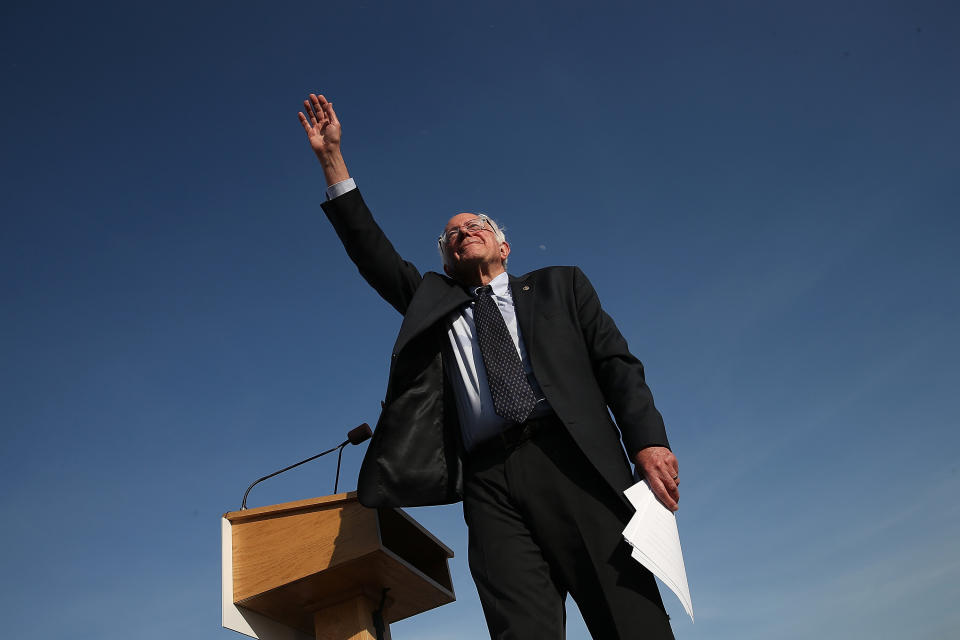
Bernie Sanders On The Campaign Trail
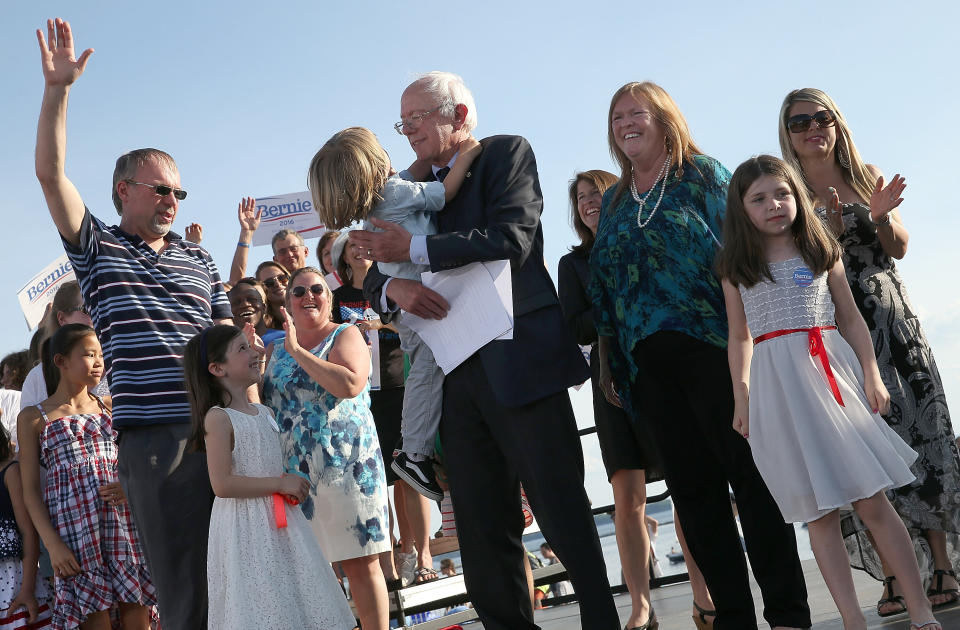
Bernie Sanders On The Campaign Trail
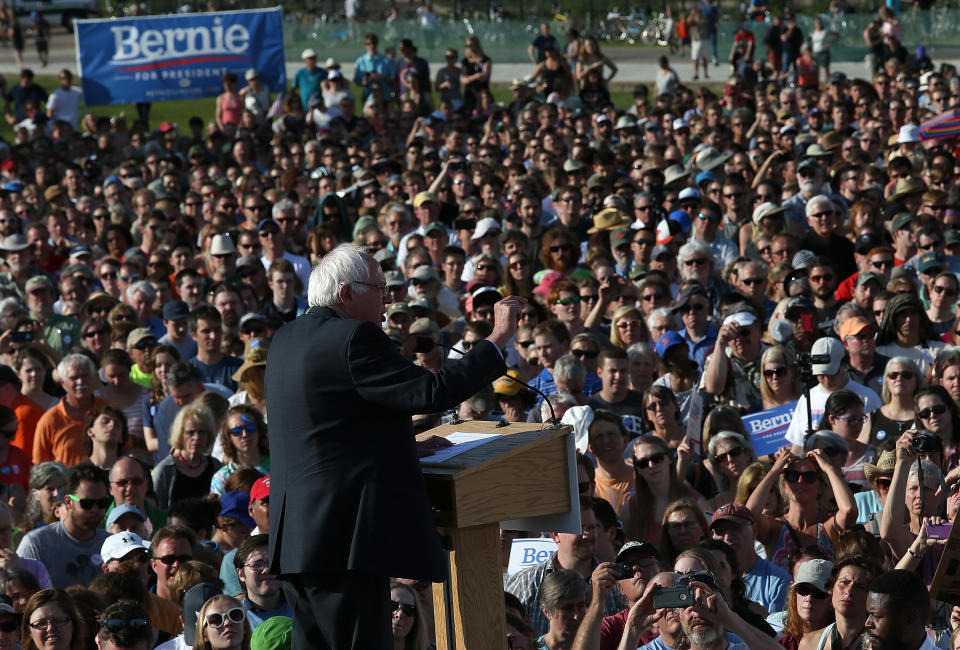
Bernie Sanders On The Campaign Trail
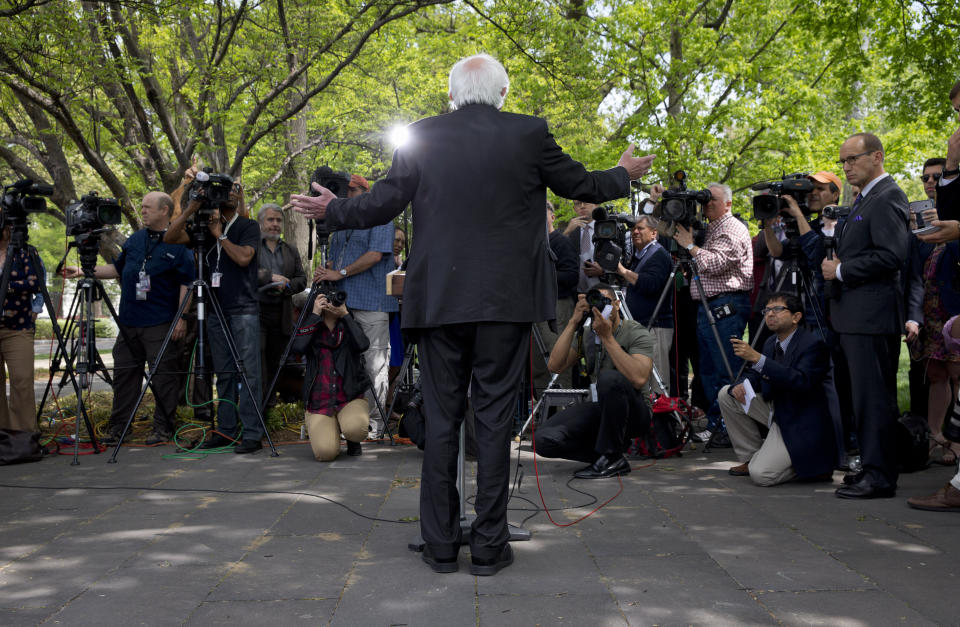
Bernie Sanders On The Campaign Trail
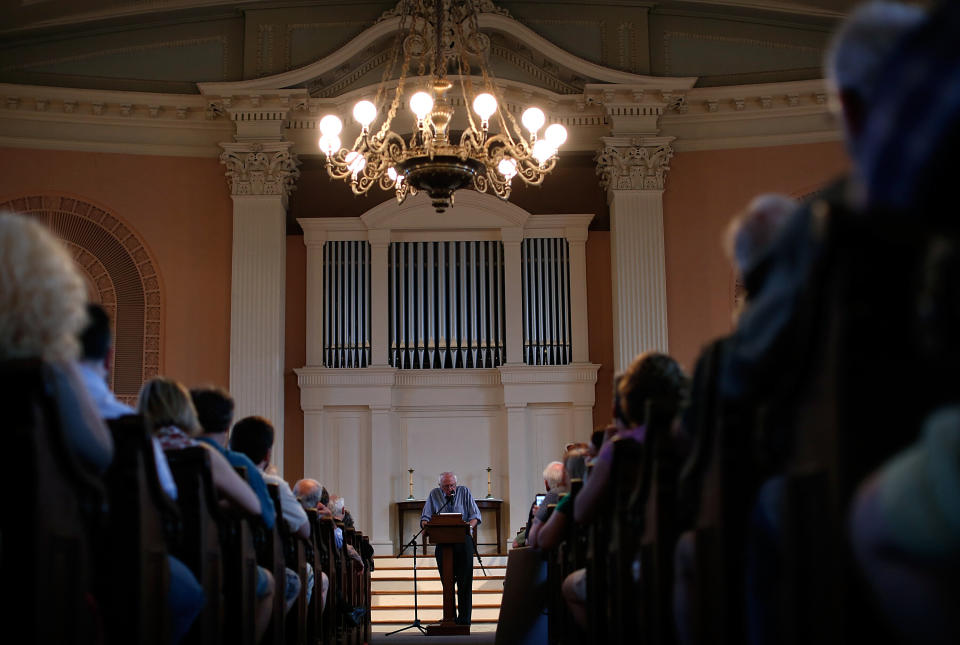
Bernie Sanders On The Campaign Trail
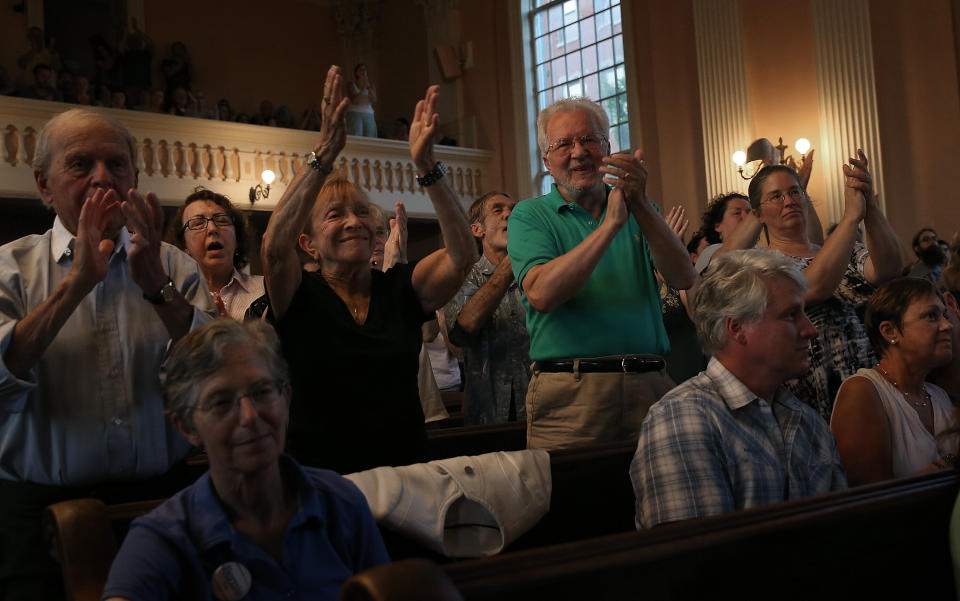
Bernie Sanders On The Campaign Trail
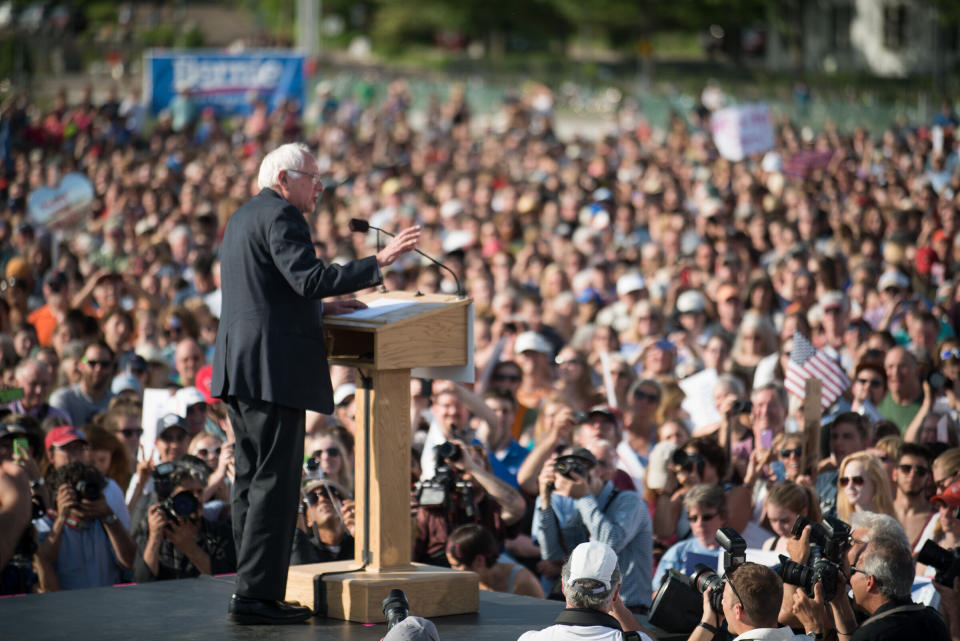
Bernie Sanders On The Campaign Trail
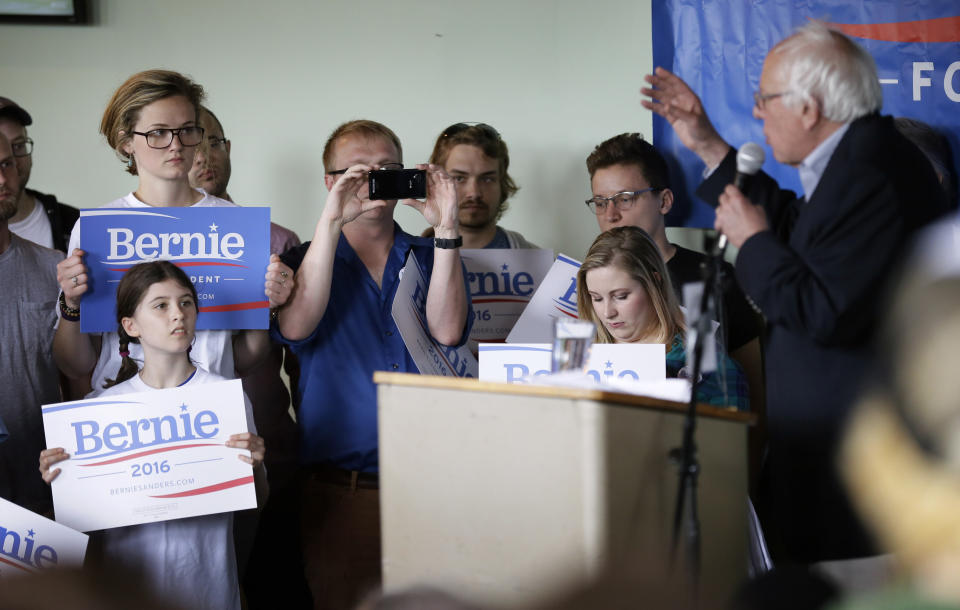
Bernie Sanders On The Campaign Trail
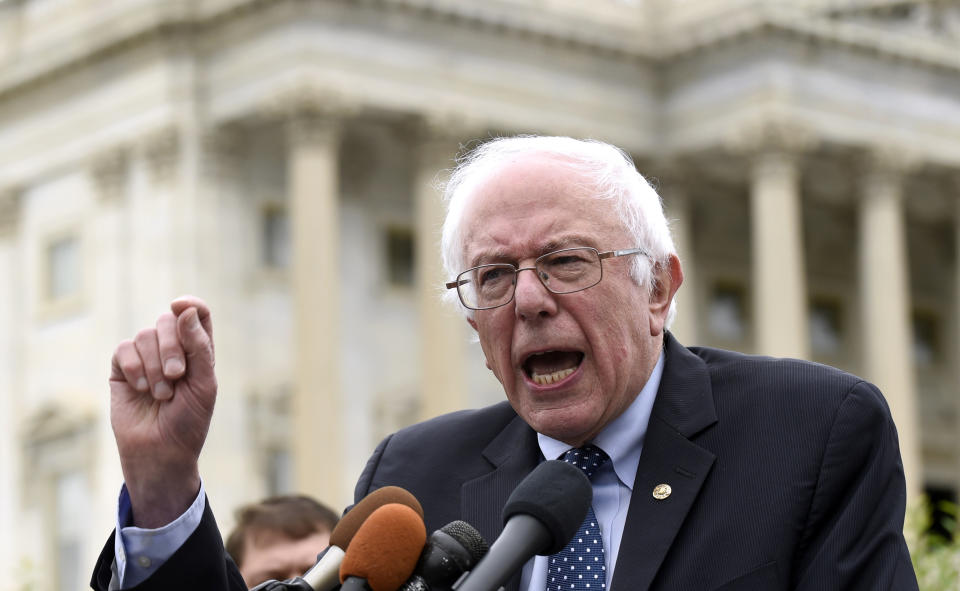
Bernie Sanders On The Campaign Trail
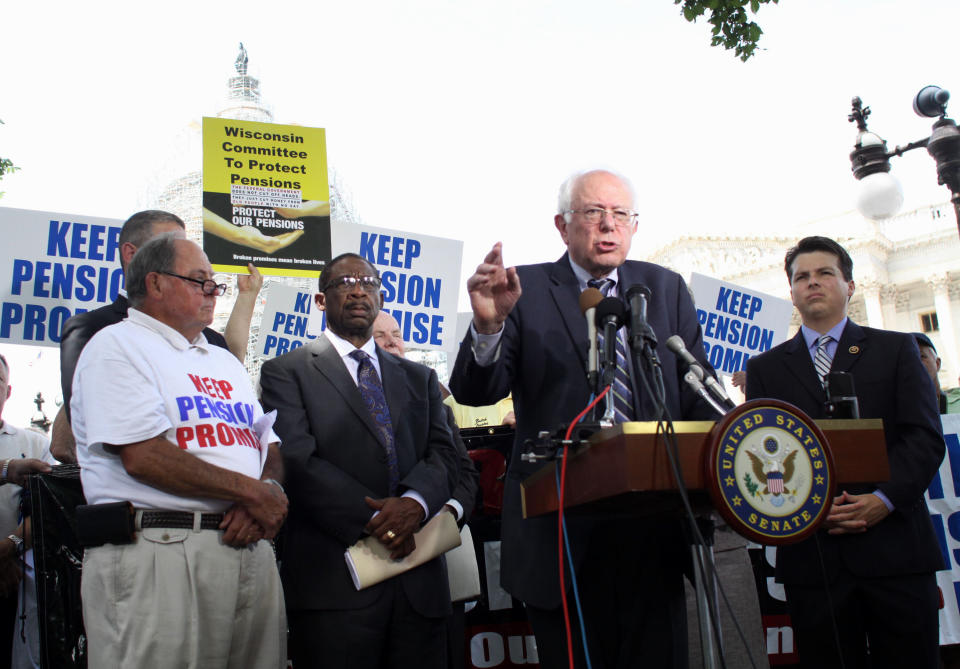
Bernie Sanders On The Campaign Trail
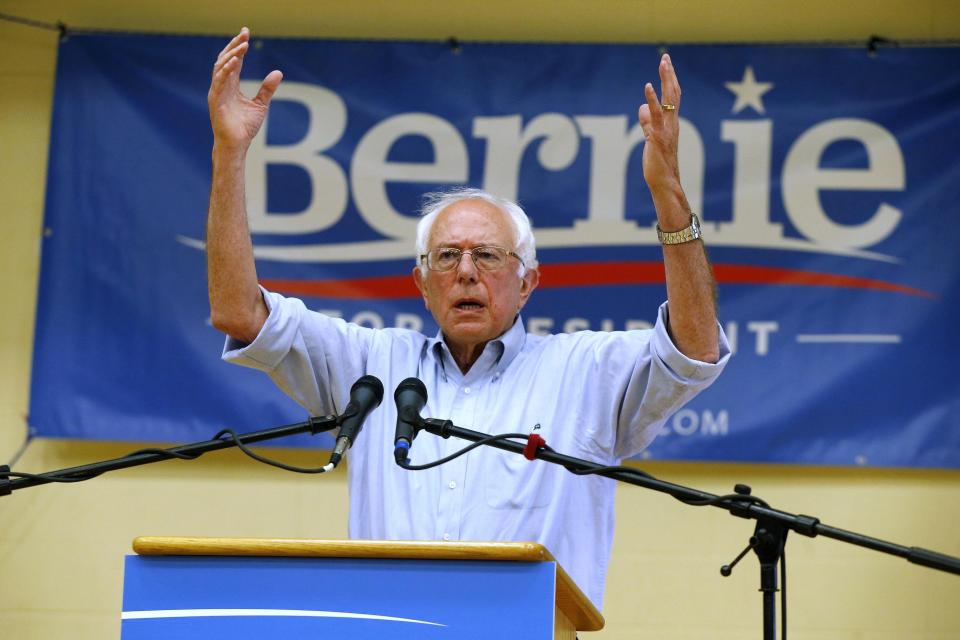
Bernie Sanders On The Campaign Trail
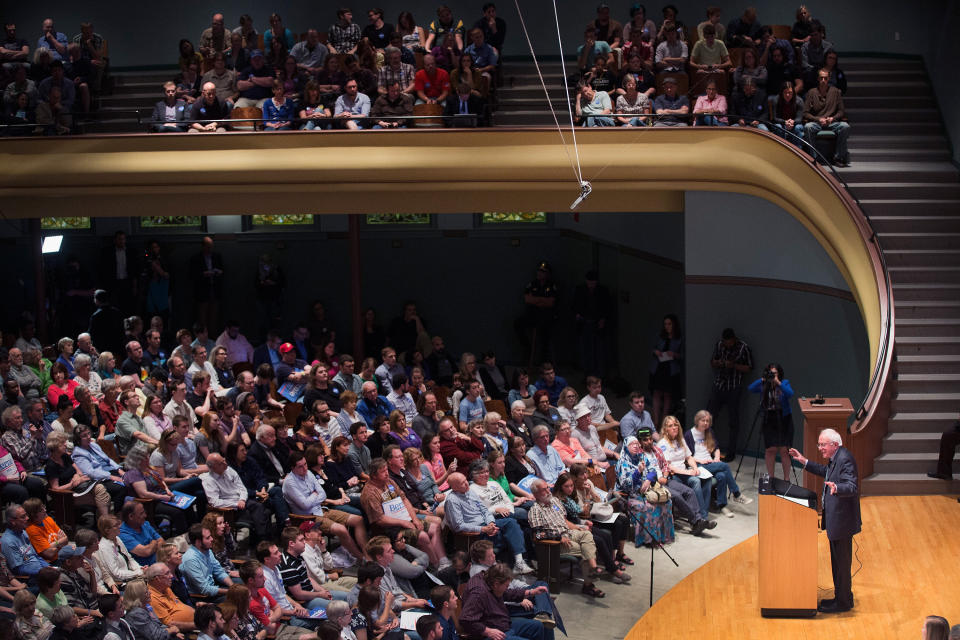
Bernie Sanders On The Campaign Trail
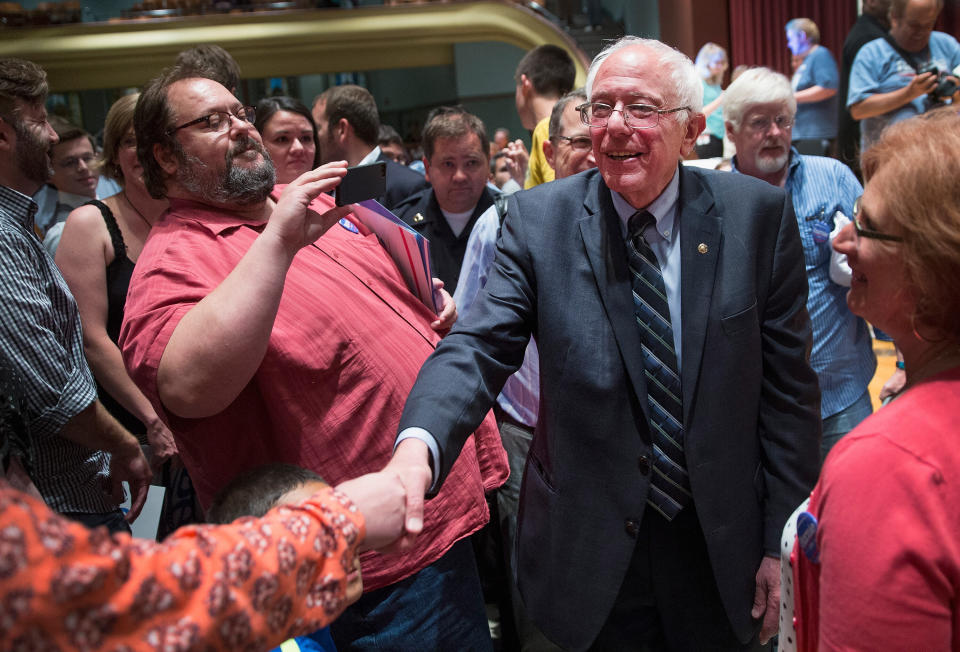
Bernie Sanders On The Campaign Trail
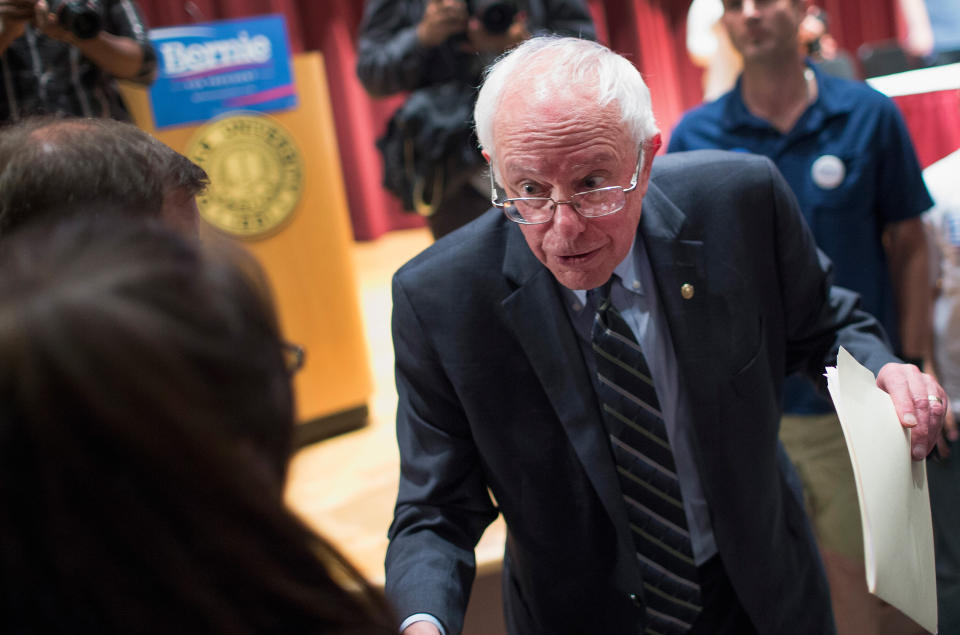
Bernie Sanders On The Campaign Trail
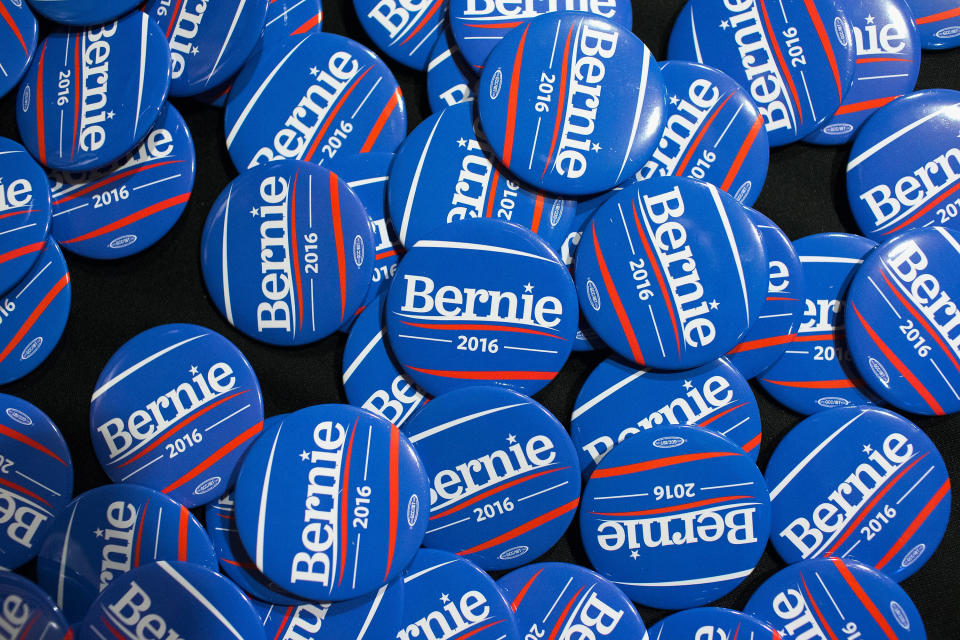
Bernie Sanders On The Campaign Trail
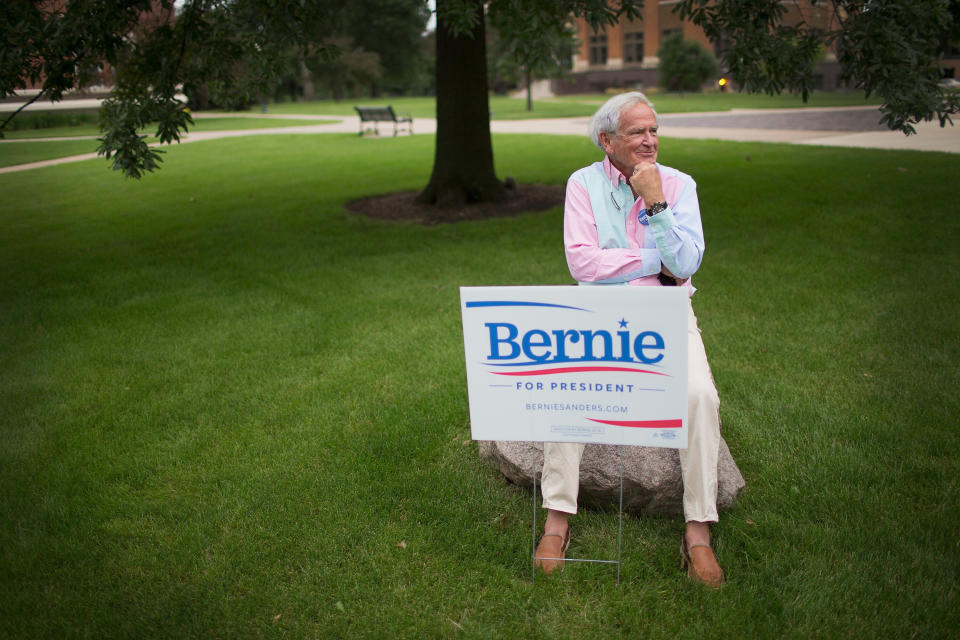
Bernie Sanders On The Campaign Trail
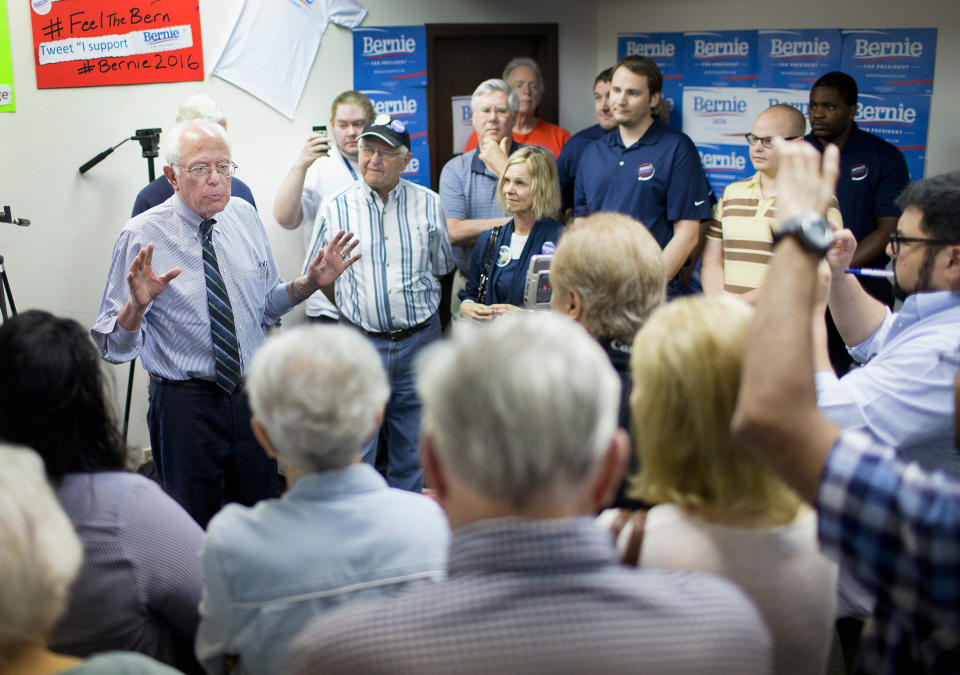
Bernie Sanders On The Campaign Trail
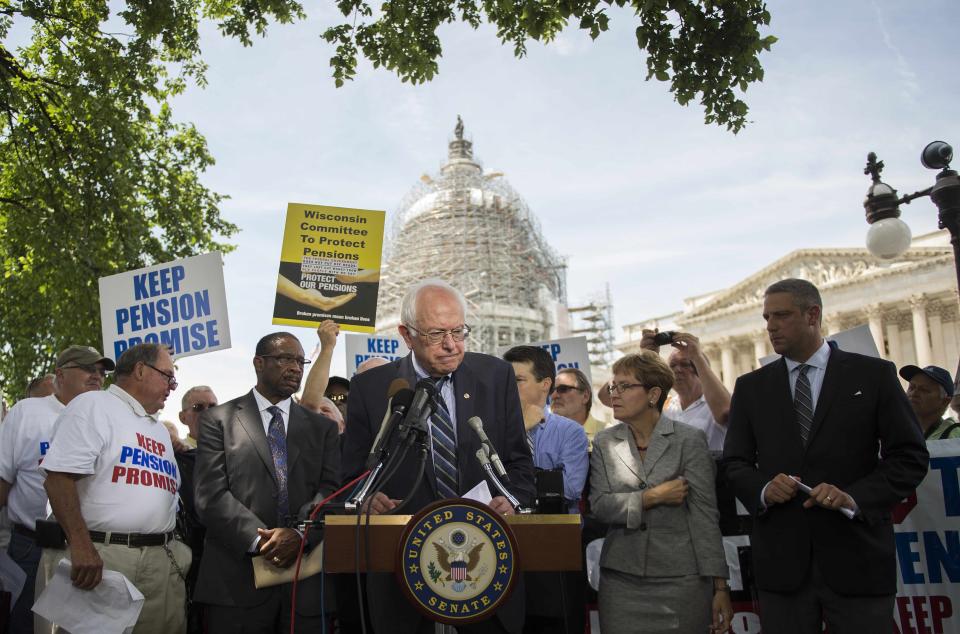
Bernie Sanders On The Campaign Trail
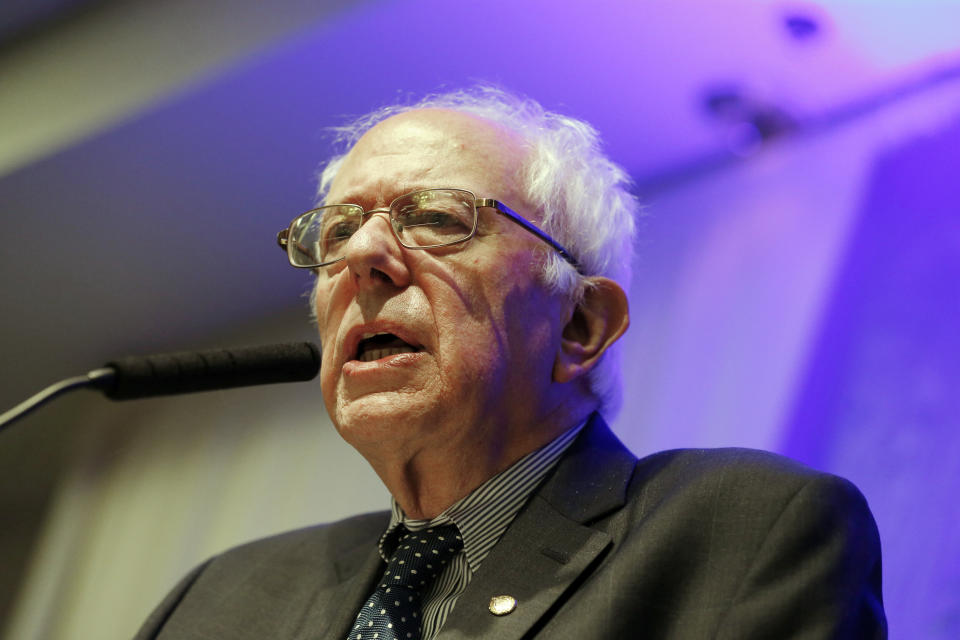
Bernie Sanders On The Campaign Trail
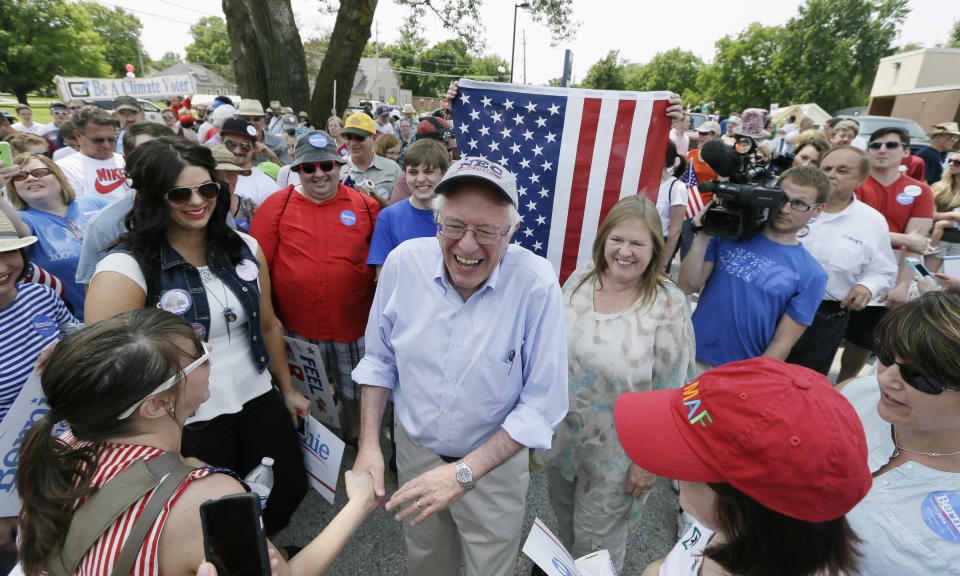
Bernie Sanders On The Campaign Trail
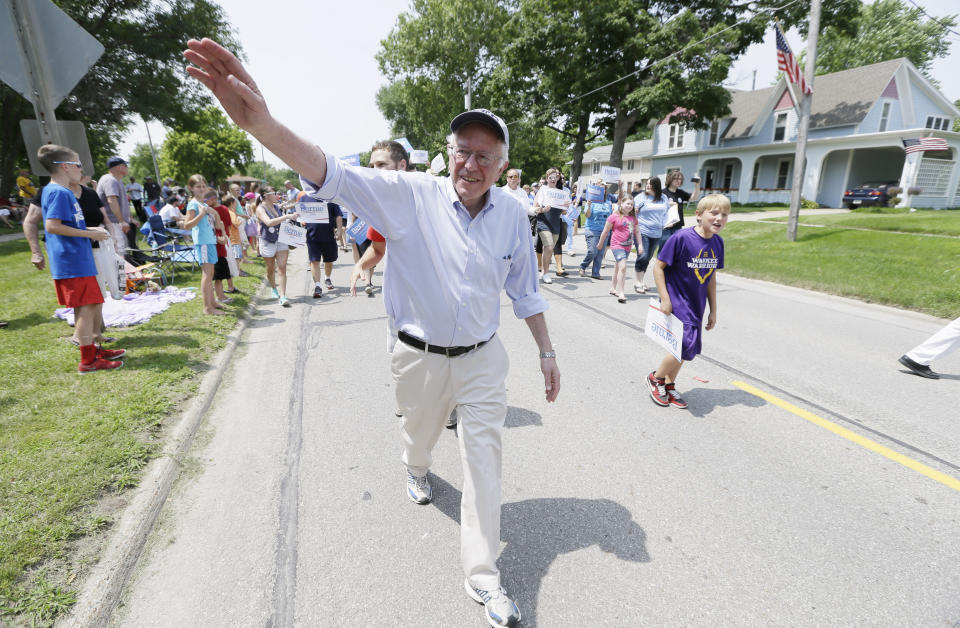
Bernie Sanders On The Campaign Trail
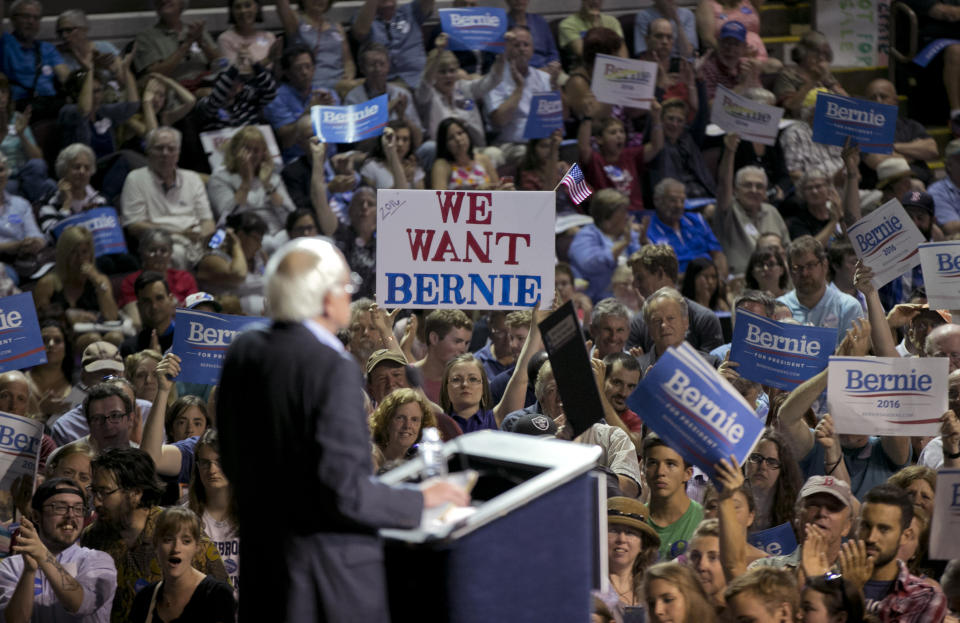
Bernie Sanders On The Campaign Trail
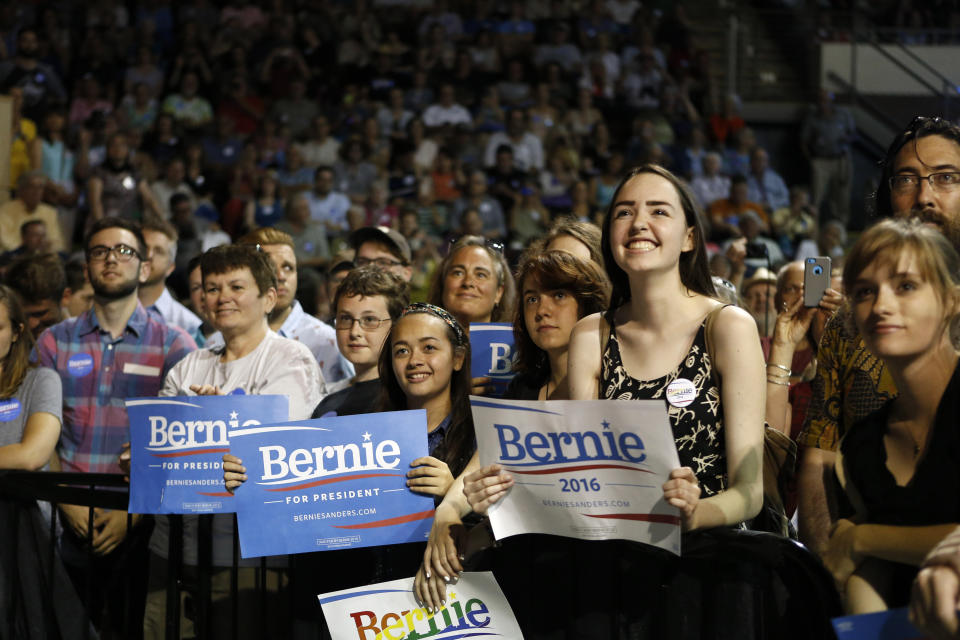
Bernie Sanders On The Campaign Trail
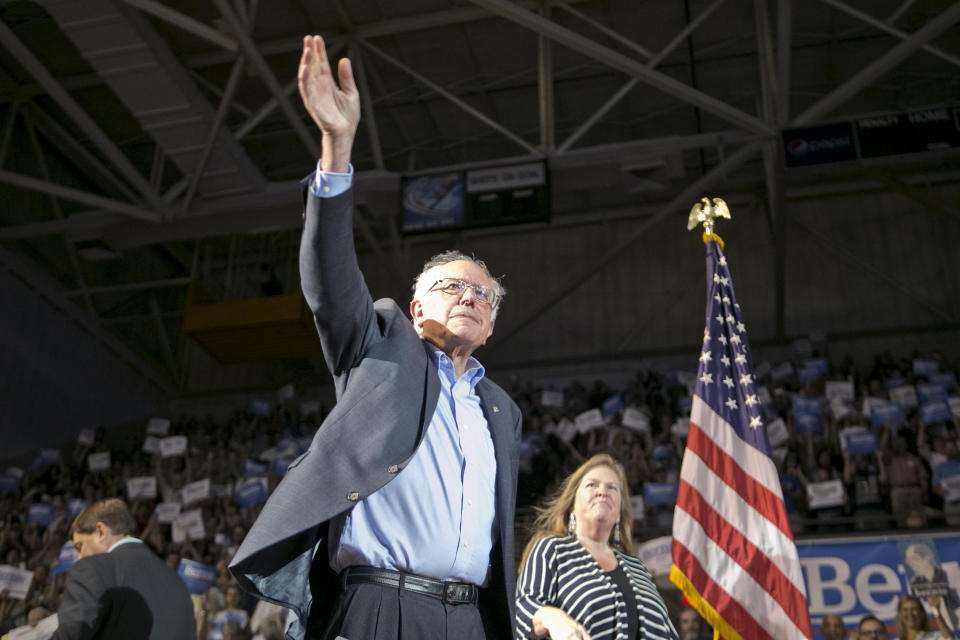
Love HuffPost? Become a founding member of HuffPost Plus today.
This article originally appeared on HuffPost.

